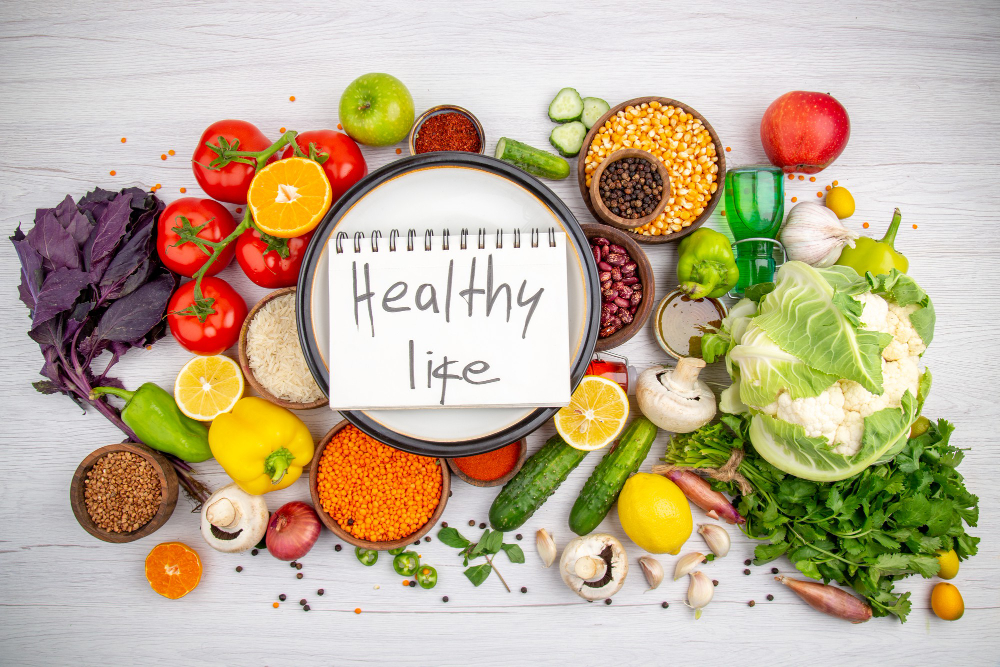In a world where food waste is a growing concern, zero-waste cooking offers a practical and sustainable way to reduce waste while saving money and eating well. It’s not about perfection — it’s about making smart, mindful choices to use every bit of the food you buy. Here’s how you can start making the most of your groceries and embrace a more eco-conscious kitchen.
🥕 1. Start with Smarter Shopping
The key to zero-waste cooking begins before you even start cooking. Plan meals, make a grocery list, and buy only what you need. Avoid impulse purchases and buy loose fruits and vegetables instead of pre-packaged ones. This helps reduce both food and plastic waste.
🍞 2. Use Every Part of the Ingredient
Zero-waste cooking means getting creative with parts of food we often toss:
- Vegetable scraps (like carrot tops, celery ends, onion peels) can be saved to make flavorful homemade broth.
- Broccoli stems and cauliflower leaves are edible and tasty in stir-fries or soups.
- Citrus peels can be turned into zest, infused water, or natural cleaners.
- Stale bread can become breadcrumbs, croutons, or bread pudding.
🥔 3. Cook with Leftovers in Mind
Plan meals that build on each other. Roast extra vegetables one night to use in a frittata the next morning. Cook extra rice for fried rice the following day. Batch cooking with intention helps minimize waste and saves time.
🍌 4. Love Your Freezer
Freezing is one of the best tools for reducing food waste. If you have herbs, sauces, fruit, or vegetables you can’t finish, freeze them before they go bad. Chop herbs and freeze them in olive oil in ice cube trays. Store extra chopped onions, peppers, or bananas in reusable freezer bags.
🧑🍳 5. Get Creative with Food Scraps
- Banana peels can be used in smoothies or even cooked in vegan dishes.
- Aquafaba (the liquid from canned chickpeas) can be whipped into meringues or used in baking as an egg substitute.
- Coffee grounds can be reused in compost or even in skincare scrubs.
🌿 6. Compost What You Can’t Use
Not every scrap can be eaten, but it doesn’t have to go in the trash. Composting food waste turns it into nutrient-rich soil instead of sending it to landfills. If you don’t have a backyard, check for local compost programs or indoor compost bins.
✅ Final Thoughts
Zero-waste cooking isn’t about being perfect — it’s about progress. By being more mindful of how we shop, cook, and store food, we can make a positive impact on the environment and our wallets. Start small, stay consistent, and enjoy the creative process of wasting less and tasting more.





